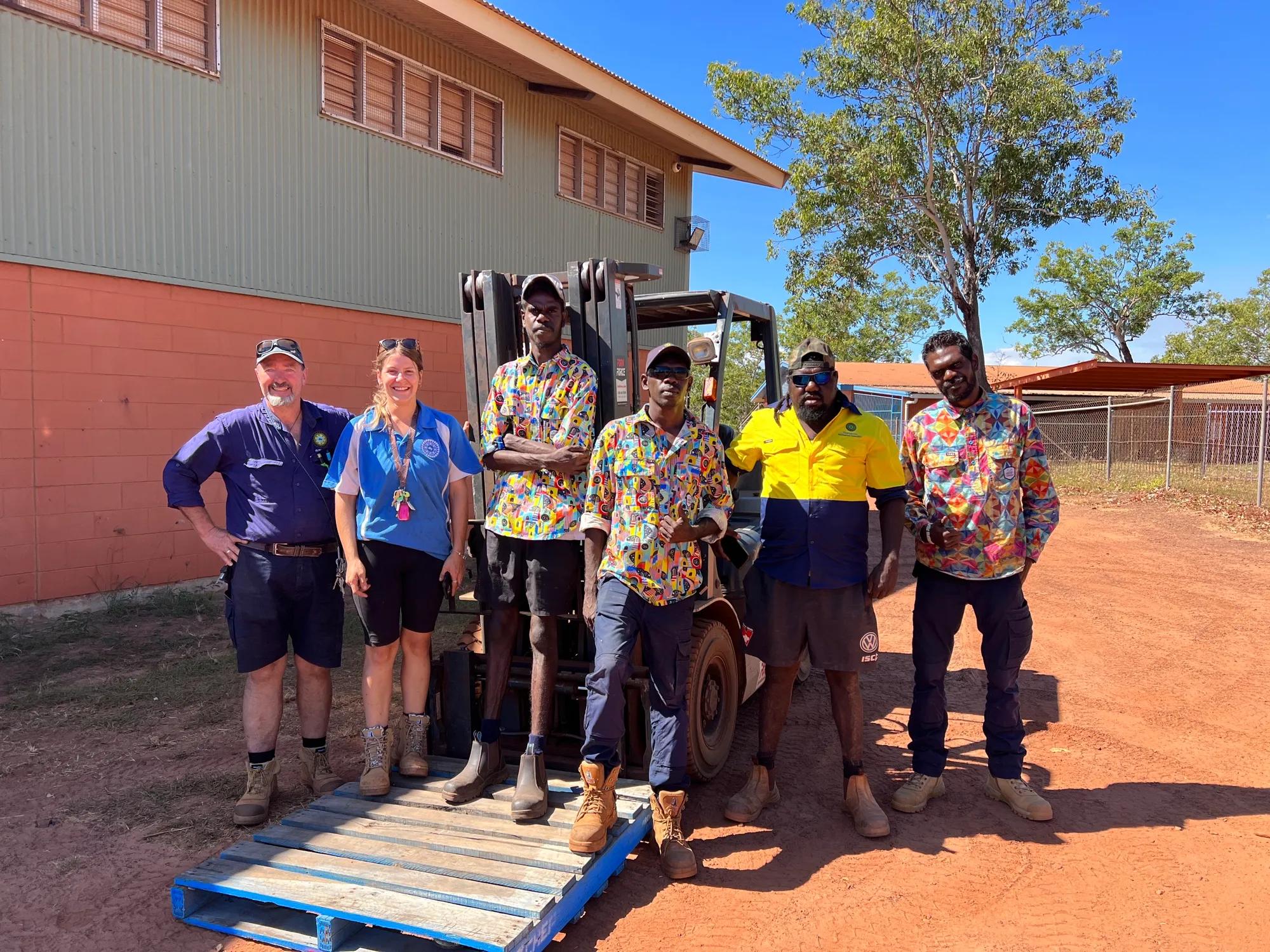The Benefits and Rewards of Teaching in Remote Schools
Teaching can be an incredibly rewarding career - the ability to shape young lives and contribute to the success of future generations is an attractive prospect for many educators. Teaching in the Northern Territory’s remote schools takes this a step further, offering a diverse and challenging career for educators that is supported by a range of benefits.
If you are considering a teaching career in one of the many remote schools in the Northern Territory, here’s what you need to know about the teaching environment and the additional incentives and benefits that you may be eligible for.
Remote Education in the Northern Territory
The Northern Territory government reports that over 34,000 children are enrolled in schools within the region, with 44% of these students attending remote schools.
Catholic Education NT offers 5 remote Catholic schools and 893 students attending these schools across the state.
Remote schools are located outside of urban centres like Darwin, Katherine, and Alice Springs, often in towns, localities, and communities where access to health, education, social, financial, emergency, communication and professional support services is limited. For Every Child estimates that over 70% of schools in the Northern Territory are located in remote and very remote areas.
Students in remote schools typically learn English as a second or third language, requiring remote educators to work closely with Aboriginal assistant teachers and community elders to better understand the local customs and culture and adapt teaching methods accordingly.
Without sugarcoating it, teaching in a remote school is challenging. But it’s not without its rewards. Here are some of the benefits for teachers of remote schools in the Northern Territory.
Special Study Leave
Teaching in remote localities awards teachers with credit points each year. Educators who accrue 20 credit points can apply for one semester of study leave on full pay, or two semesters of study leave on half pay. Teachers in more remote localities accrue more points each year.
Free Airfares for Travel
Educators can access free airfares to Darwin and Alice Springs, known as airfares out of isolated locations (FOIL). Up to 4 FOILs are available each year for remote teachers and their families.
Rental Concession
Catholic Education NT will provide a rental concession of up to 100% to reduce the cost of living for remote teachers and offers fully furnished accommodation.
The Rewards of Teaching in a Remote School
Being a teacher in a remote school has its own set of challenges and rewards. Educators will be exposed to new cultures, teaching methods, and a way of life. In many ways, it’s as much a learning journey for teachers as it is for their students.
Experience a new culture
The vast majority of students in remote Northern Territory schools are from Aboriginal and Indigenous backgrounds, and teachers must become closely acquainted with the local culture to teach effectively. Educators in remote locations develop a deep understanding and appreciation of the community as well as connection to land.
Form lasting relationships
Teachers in remote schools collaborate with Aboriginal Assistant Teachers (ATTs) and community elders to deliver quality education for students. The teaching partnership develops over time into lasting relationships that often go beyond the classroom environment.
Contribute to a local community
Teaching in a remote school allows educators to play a part in bringing positive change to the local community, providing an added sense of purpose and meaning to their work.
Catholic Education Northern Territory has five remote schools that provide high-quality Catholic education for Aboriginal communities in Santa Teresa, Wadeye, Naiuyu and Wurrumiyanga. Get in touch with our team to learn more about the teaching opportunities in our remote schools.

